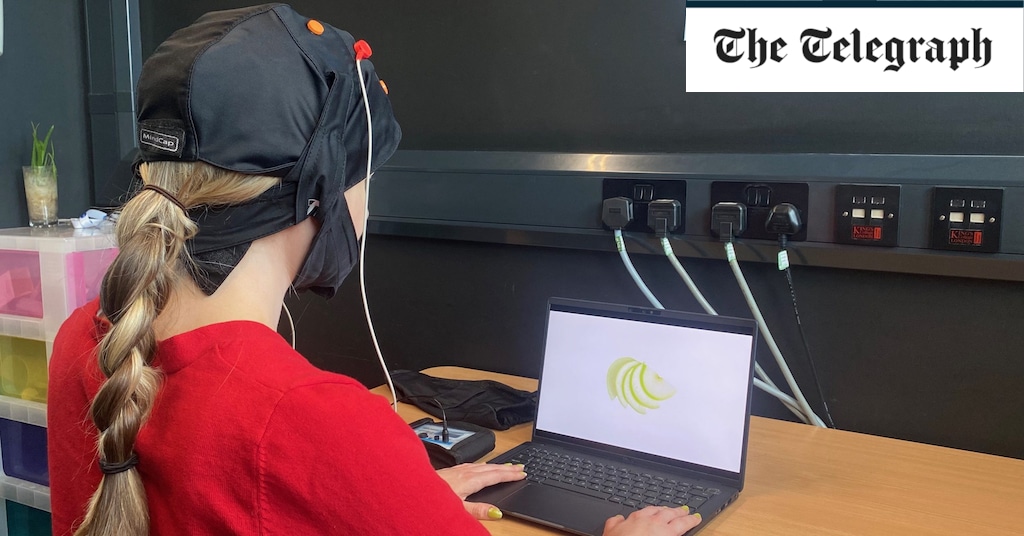Dr Michaela Flynn, research associate at the Institute of Psychiatry, Psychology & Neuroscience at King’s said: “Current treatments for binge-eating disorder are only effective for some people and many need further or different support to get well.
“Our study is the first to look at a new option for home-based treatment that offers a different approach to treating binge eating disorder. The treatment targets the brain driven patterns of behaviour that might be contributing to the loss of control around food, enabling people to shift entrenched thinking and behaviour around food.
“Participants commented that their mood felt lighter, which may be a key part of why they reported changes in eating behaviour and weight loss that lasted for some time after treatment ended. Our findings are encouraging, and we want to explore this on a larger scale with more participants.”
People with binge-eating disorder have recurring episodes of losing control over their food intake, consuming lots of food in a short period of time until they are uncomfortably full.
The condition is typically accompanied by anxiety and low mood and linked to obesity and ill health.
Research has shown that dampened self-regulatory processes in the brain drive the cycle of binge eating and it was hoped that stimulating the brain could help people regain control.
The group who received the stimulation reported substantial improvement in their mood. The findings were published in BJPsychOpen.

